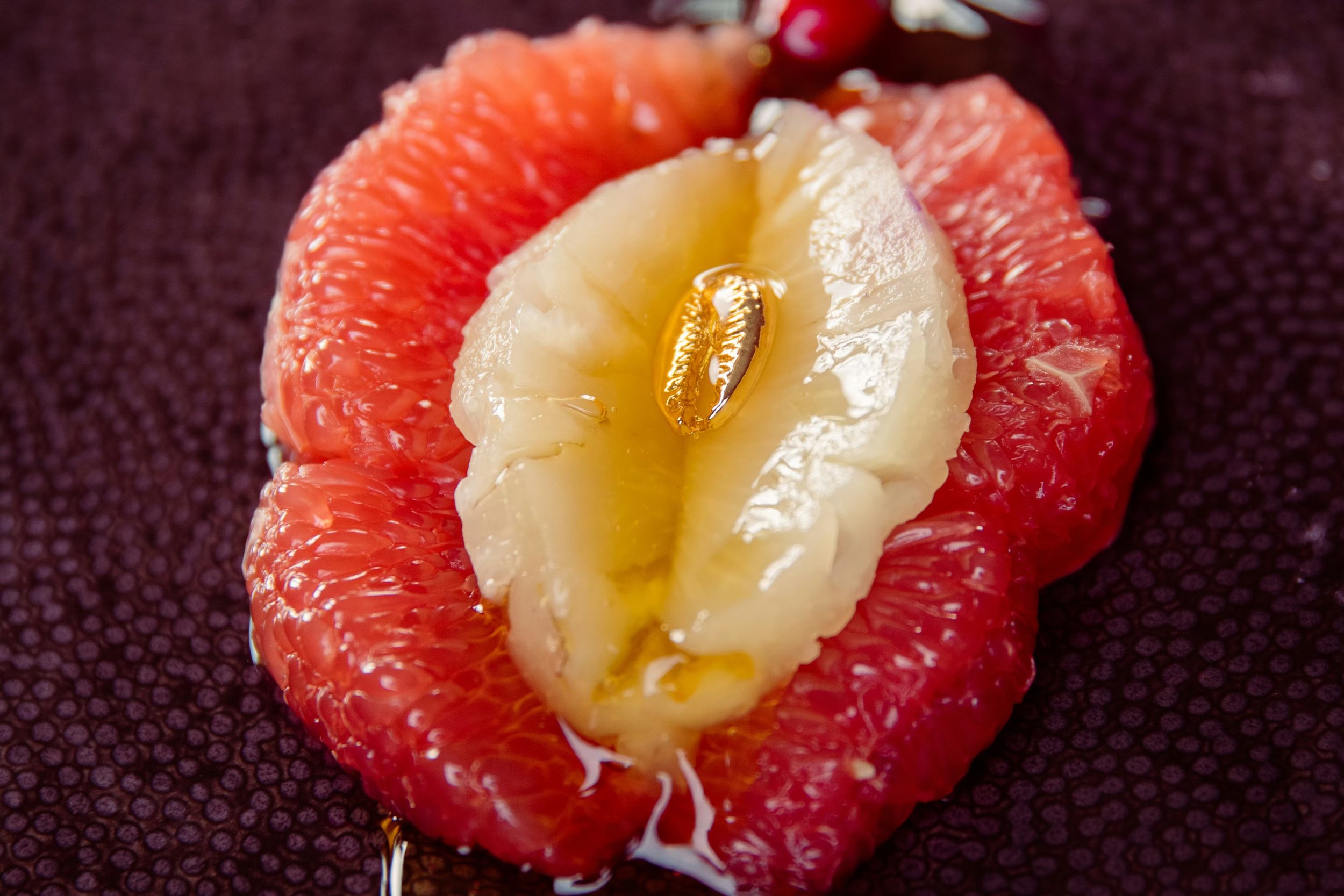What is FGM and why you should care
To mark the International Day of Zero Tolerance for Female Genital Mutilation, Lucy Sarret delves into this important issue with the help of human rights activist Hoda Ali
Credit: Unsplash
Female Genital Mutilation, or FGM, is a practice that affects millions of women and girls worldwide. It involves the partial or total removal of external female genitalia for non-medical reasons.
While government efforts have been put in place to combat this traumatic procedure, there is currently not nearly enough support for survivors.
The Vavengers are a charity made up of diverse assembly of people from different cultures, genders, nationalities, and ages united in the mission to eradicate FGM. They employ survivor-led fundraising tactics to contribute to the ongoing battle against FGM, making progress one day at a time.
Hoda Ali, founder of the Vavengers and survivor of FGM, says: “For us survivors, every day is FGM day. We live with this for the rest of our lives.”
What is FGM?
According to the WHO, over 200 million girls and women alive today have undergone FGM in 30 countries in Africa, the Middle East, and Asia – where FGM is practiced.
This harmful practice is often performed on young girls, ranging from infancy to the age of 15, and it carries deep cultural, religious, and social significance in certain communities. FGM is classified into four main types:
Clitoridectomy: Partial or total removal of the clitoris.
Excision: Partial or total removal of the clitoris and the labia minora.
Infibulation: Narrowing of the vaginal opening by creating a seal, often through stitching, leaving only a small hole for urine and menstrual flow.
Other: This includes any other harmful procedures to the female genitalia for non-medical reasons.
FGM is a clear violation of human rights, particularly the rights of women and girls to bodily integrity, health, and freedom from violence. Every individual deserves the right to make decisions about their own body without fear of coercion or harm.
“For us survivors, every day is FGM day. We live with this for the rest of our lives”
It can lead to a myriad of short-term and long-term health complications, including severe pain, infection, infertility, complications during childbirth, and psychological trauma. The physical and emotional scars of FGM can last a lifetime, impacting not only the individual but also their families and communities.
Most of all, this kind of cutting is rooted in deeply ingrained gender inequality, perpetuating harmful stereotypes and beliefs about women and girls' sexuality and worth.
Hoda was cut at seven years old to ‘prove’ her virginity to her future husband. A few years later, she was hospitalised due to complications in her new home of Mogadishu, Somalia.
“I was bedbound in a hospital with a tube attached to my privates to drain the period blood that had been accumulating in my stomach because of FGM,” she writes on her website. “My parents had thought FGM would keep me safe. Instead, it trapped me in a half-destroyed hospital in the midst of a war.”
Hoda was transported to a hospital in Italy, eventually moved to Sheffield in the UK and became a nurse, inspired by the health workers who helped her through her struggles.
What you can do
Learning more about FGM and its impact on individuals and communities is a great way to start. Knowledge is power, and by understanding the issue you can become an advocate for change.
Supporting organisations like The Vavengers, who are fighting the good fight, should also be a focus. Share information, start conversations, and challenge harmful beliefs and practices.
Today, the UK has started providing support, but there is still a long way to go.
Hoda says: “Since 2015, it is imperative for teachers, social services, etc. to record and report instances of FGM. But how do you do that without providing support and training to approach these vulnerable young women and girls? Not everybody knows what they’re doing. We are the only organisation in the UK providing safeguarding and proper training.”
In these situations, Hoda teaches the PANTS approach from the NSPCC, the leading children’s charity in the UK, which is used to keep children safe from sexual abuse:
P for ‘privates are private’
A for ‘always remember your body belongs to you’
N for ‘no means no’
T for ‘talk about secret stuff’
S for ‘speak up, someone will help’
Through the important work she does, Hoda hopes to inspire fellow survivors and prevent future women and girls from FGM.
She says: “I decided to become an activist to save the future generations from the pain I was enduring when I got told I couldn’t have a baby because of FGM.”


